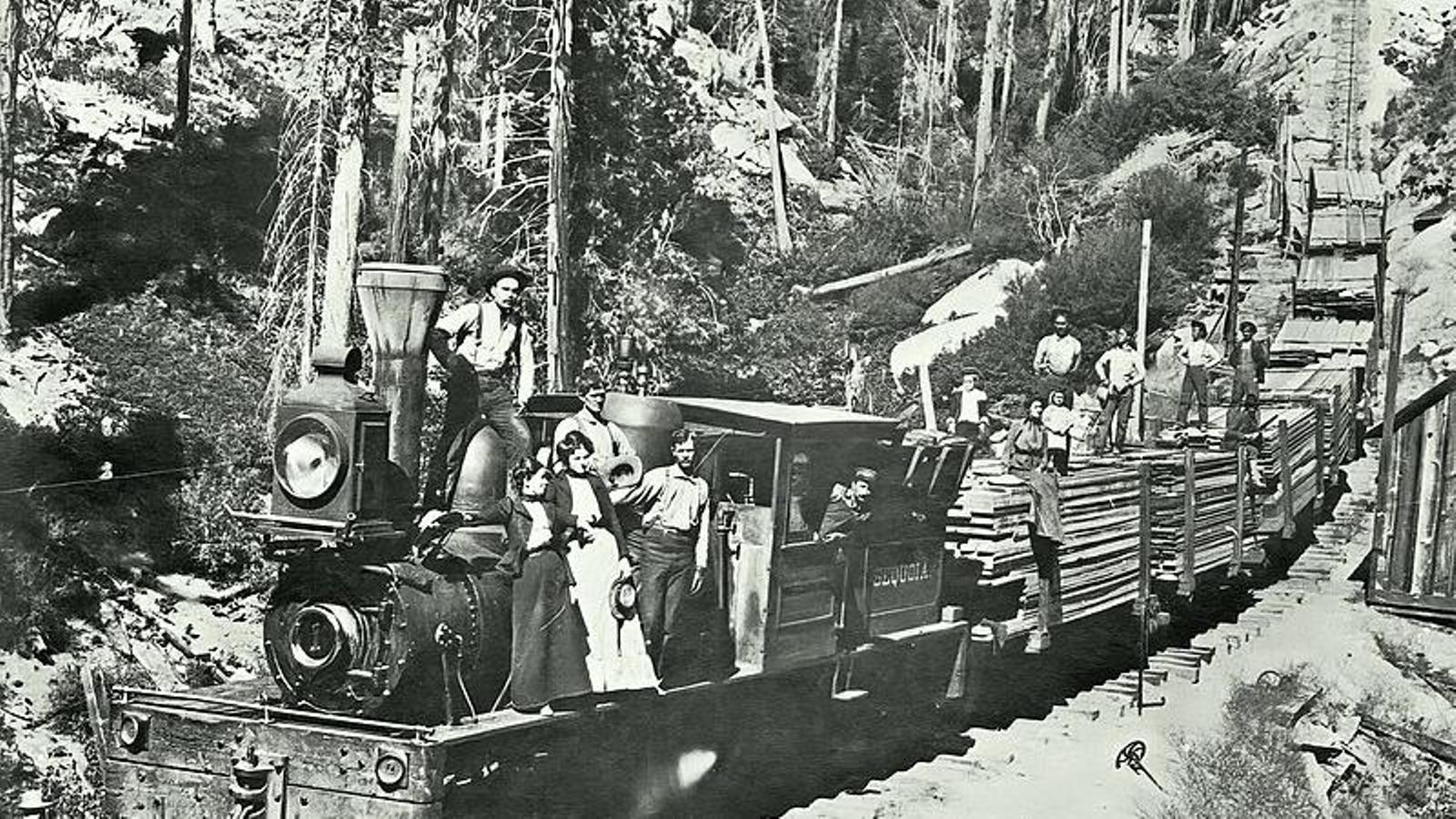An emancipated woman in a remote town in the United States
In 1984, Ediciones published the excellent 'A Lost Woman' by Willa Cather in Catalan.


- Willa Cather
- 1984 Editions
- Translation by Laura Baena
- 192 pages / 16.90 euros
As a child, the American writer Willa Cather (1873-1947), winner of the Pulitzer Prize in 1922, lived on a ranch in Nebraska, in the middle of the American continent, which allowed her to experience the life of the pioneers, that of those who are part of the generation of baby boom We glimpsed them in the movies that aired in the afternoon when there were only two channels. Soap operas serve, among many other things, to portray a time we haven't lived through. A lost woman We delve into the reality of towns and small cities that grew thanks to the arrival of the railroad, where winters were long and life wasn't always easy. The protagonist is Marian, an attractive woman from warm California who stands out in this socially rigid environment of rigid rules. She is married to Captain Forrester, a man respected by all and whom she loves, but she finds the place deeply boring. "You see, I have nothing to do here. I can't exercise. I don't know how to skate; we didn't skate in California, and my ankles are weak. I've always danced, in the winter; in Colorado Springs, they dance a lot. You can't imagine how much I miss it," ~BK_SLT_
Willa Cather was always interested in the position women occupied in the world, and she makes it clear here. What does a woman do when she has to live in a place where women are only allowed a discreet background if she wants something more? "When Mrs. Forrester looked at you, you immediately realized you were under her spell. It was instantaneous, it pierced the thickest armor." Sweet Water is the name of the town where they live, and it's not easy to have a promising future, or even to receive minimally interesting visitors.
Young Niel Herbert observes Marian with a mixture of admiration and curiosity, and with him we delve into the life of that attentive wife who bitterly struggles with her unfulfilled desires. This external point of view, which illuminates the scene in fragments and leaves what the boy doesn't know in the dark, works well in the narrative. Niel is the nephew of the town judge and, like her, feels trapped. He is fortunate to have Mrs. Forrester's affection and often visits her at the house on the hill. She intrigues him. He considers her a paragon of virtue, until he discovers she isn't. A man has visited him, taking advantage of the captain's absence, and Niel is disappointed.
Because promising young men in those years weren't prepared to deal with female emancipation, an exotic element in that inflexible structure where desires were almost always condemned to extinguish before birth or, in the luckiest cases, to flutter as briefly as wings. In Marian's case, who will win, sanity or passion? "When I'm alone here for months on end, I make plans and think," she says.
